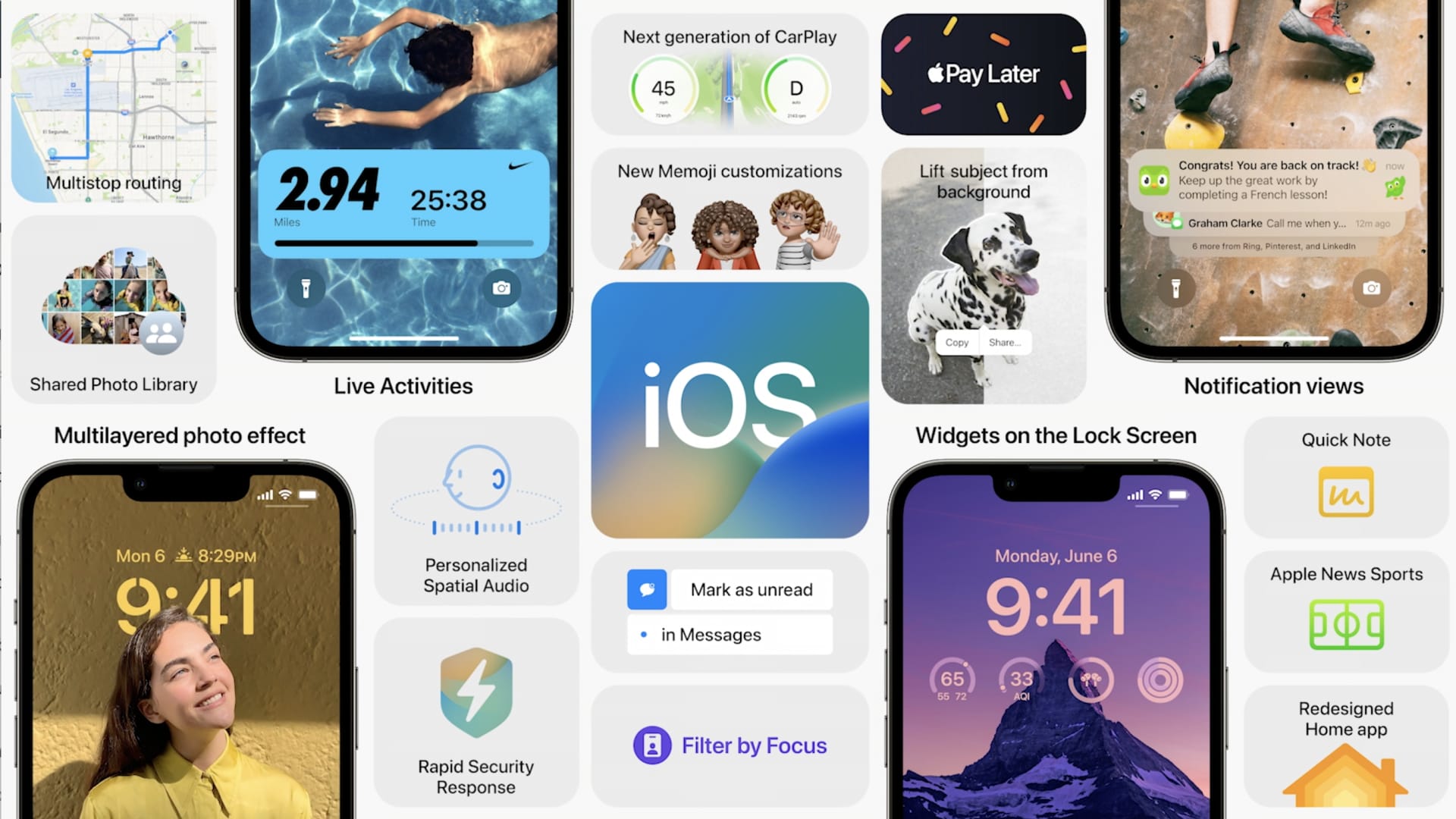The world of mobile operating systems is constantly evolving, with both Android and iOS competing for dominance. While both platforms have their own unique strengths and weaknesses, one area where the two platforms have been compared time and time again is with regards to OS updates. In this article, we will take a closer look at the approaches taken by both Apple and Android when it comes to OS updates, and see which platform is coming out on top.
Apple’s Approach to OS Updates
Apple has always had a strong focus on providing users with a consistent and seamless experience across all its devices. To achieve this, Apple has taken a controlled and centralized approach to OS updates. All iOS updates are released and managed by Apple, and are made available to all compatible devices at the same time. This gives users the peace of mind of knowing that their devices will receive the latest features and security enhancements as soon as they are available.
One of the key advantages of Apple’s approach to OS updates is that it allows for a consistent and uniform user experience across all devices. This is especially important for business users who rely on their devices to get work done, as it ensures that all devices are running the same version of the operating system and can be managed easily.
However, one major disadvantage of Apple’s approach is that it can limit the lifespan of older devices. For example, the latest version of iOS, iOS 16, is only available on devices released in the past five years, leaving users with older devices unable to access the latest features and security enhancements. This can be a major issue for users who rely on their devices for important tasks, as it can put them at risk of security vulnerabilities.
Also See: How to Transfer iPhone Back Photo & Videos from iPhone\iPad to your Mac or PC
Android’s Approach to OS Updates
Unlike Apple, Android takes a more open and fragmented approach to OS updates. With Android, updates are released and managed by both Google and the manufacturers of the devices. This means that updates can vary greatly depending on the manufacturer and the model of the device.
One of the key advantages of this approach is that it allows for greater flexibility and customization. For example, manufacturers can add their own custom features and modifications to the operating system, which can give users a more personalized and unique experience.
However, one major disadvantage of Android’s approach to OS updates is that it can lead to a fragmented user experience. This means that not all devices are running the same version of the operating system, and some users may be left behind with outdated and vulnerable software.
To address this issue, Google introduced Project Treble, which was designed to make it easier for manufacturers to update their devices to the latest version of Android. Project Treble has had a positive impact on the speed and consistency of Android updates, with many devices now receiving updates for up to three years after their initial release.
Comparing Apple and Android’s Approach to OS Updates
When it comes to comparing the approaches of Apple and Android to OS updates, there are pros and cons to both.
On one hand, Apple’s approach provides a consistent and uniform user experience across all devices, which can be especially important for business users. On the other hand, it can limit the lifespan of older devices and leave users at risk of security vulnerabilities.
On the other hand, Android’s approach provides greater flexibility and customization, but can also lead to a fragmented user experience. However, with Project Treble, Android has been making great strides in improving the speed and consistency of OS updates, and is now delivering timely updates to more devices than ever before.
Updating your operating system
Updating your operating system is an important step in ensuring the security and performance of your device. It provides critical patches for vulnerabilities, improves compatibility with other software and hardware, and introduces new features and improvements. To update your operating system, go to your device’s settings, select the “Software Update” or “Updates” option, and follow the on-screen instructions to download and install the latest version. It is recommended to backup your data before updating to avoid potential data loss. Keep in mind that updates can take some time to complete and may require a restart of your device. Regular updates will help ensure that your device continues to run smoothly and securely.
Also see : Best Smartwatch Under 6000 in 2023
Who will emerge as the winner in the future OS battle?
It’s impossible to predict with certainty who will win the OS war in the future. The mobile operating system market is constantly evolving, and there are many factors that will impact which platform comes out on top.
Both Android and iOS have their strengths and weaknesses, and both are continually innovating and improving. It’s likely that the competition between the two platforms will continue for many years to come.
Ultimately, the winner of the OS war will depend on factors such as user experience, security, performance, and features. Both platforms will need to continually evolve and improve in these areas to stay competitive.
It’s also worth noting that new players may enter the market and disrupt the current dominance of Android and iOS. As technology continues to evolve, there may be new and innovative operating systems that emerge and challenge the current leaders.
Conclusion:
Both Apple and Android are making strides in improving their approaches to OS updates. Apple has always had a strong focus on providing users with a consistent and seamless experience, while Android has been working to address the fragmentation issues that have traditionally plagued the platform.
In the end, the winner of the OS update war will depend on the individual needs and preferences of each user. If you prioritize a consistent and uniform user experience, then Apple’s approach may be the better choice. On the other hand, if you value customization and flexibility, then Android may be the better option for you.
Regardless of which platform you choose, it is important to keep your devices up to date with the latest OS updates. Regular OS updates not only bring new features and enhancements, but also ensure that your device remains secure and protected from potential security vulnerabilities.
In the ever-evolving world of mobile operating systems, it will be interesting to see how both Apple and Android continue to evolve and improve their approaches to OS updates. Whether you choose Apple or Android, one thing is for sure: the future of mobile computing is looking brighter than ever.

